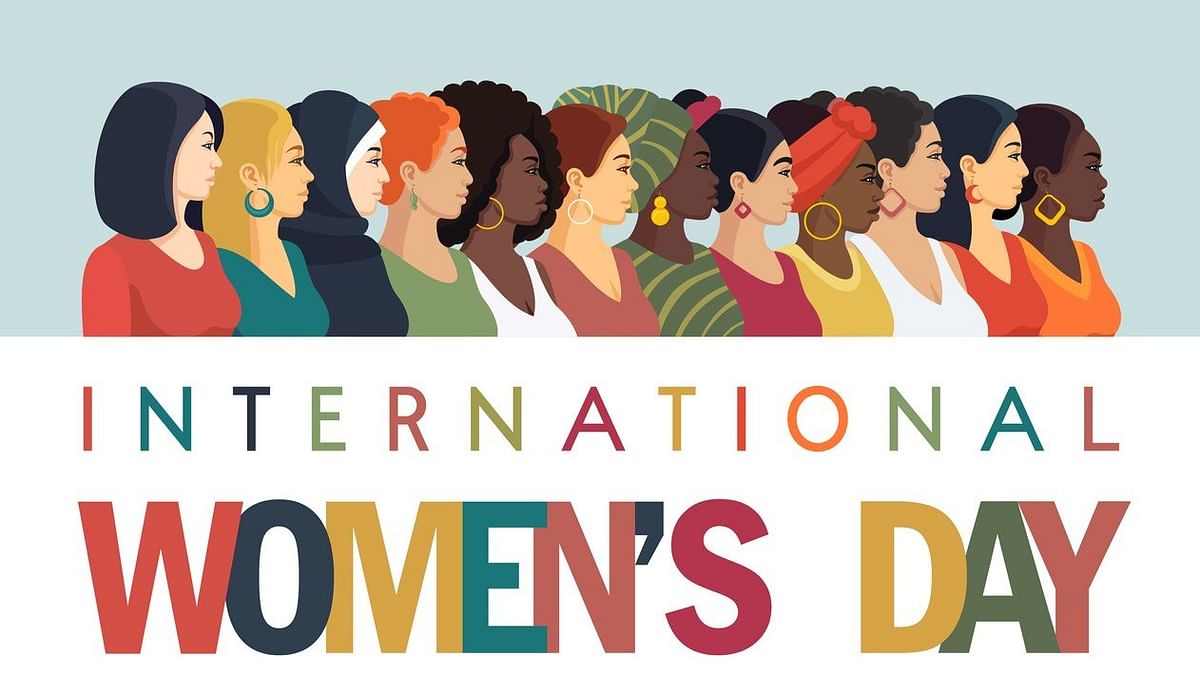Every 8th of March, the whole world celebrates International Women's Day. But where did this day come from? How did it start? What is its purpose? And who initiated it? These are some of the questions we'll delve into in this historical exploration of this day.
On this day, March 8,
2024, marks the celebration of International Women's Day globally, now in its
47th year, as designated by the United Nations (UN), with this year's theme
being "Investing in Women: Achieving Progress."
The colors chosen to
symbolize this year's celebration are Purple, Green, and White.
The history of this day
dates back to 1805 in the United States and later in Europe, where women
started advocating for their rights, particularly in the workplace and society.
Initially celebrated as National Women’s Day, it wasn't until 1909 that the
Socialist Party Of America officially declared February 28 as a significant day
for women, celebrated in New York City. Among the attendees were three women
from Germany, including Clara Zetkin, Kate Duncker, and Paula Thiede, who were
instrumental in advocating for women's rights globally.
These women,
particularly Clara Zetkin, played a pivotal role in disseminating information
about women's rights struggles in America and advocating for gender equality
worldwide. They highlighted the plight of women who were often relegated to
domestic roles and denied opportunities for education and employment.
In the year 1910, there
was a unique event called the International Women’s Conference, which brought
together women from all walks of life and from different countries to discuss
the advancement of women. It was Clara Zetkin who spearheaded this initiative,
aiming to establish a day dedicated to honoring women's achievements and
progress.
The idea of Mrs. Clara
Zetkin gained momentum and reached Russia on March 8, 1917, when they began celebrating
a day dedicated to women. This initiative soon spread to other countries across
Europe.
In 1977, during a
meeting of the United Nations (UN), it was officially declared that March 8
would be recognized as International Women's Day, emphasizing its global
significance and the need for it to be observed universally.
This day originated
from the efforts of women's movements in America and Europe led by Mrs. Clara
Zetkin, and it has evolved into an international platform where women advocate
for their rights. Over time, it has led to significant progress in achieving gender
equality and women's empowerment, both locally and globally.
Despite its roots, this
day is not exclusive to any particular country or culture; rather, it is
celebrated worldwide, transcending boundaries and promoting unity and
solidarity among women.
In recent years, the
focus of International Women's Day has expanded to address issues such as
innovation and technology, aiming to harness their power for the advancement of
gender equality and the well-being of women and girls.


